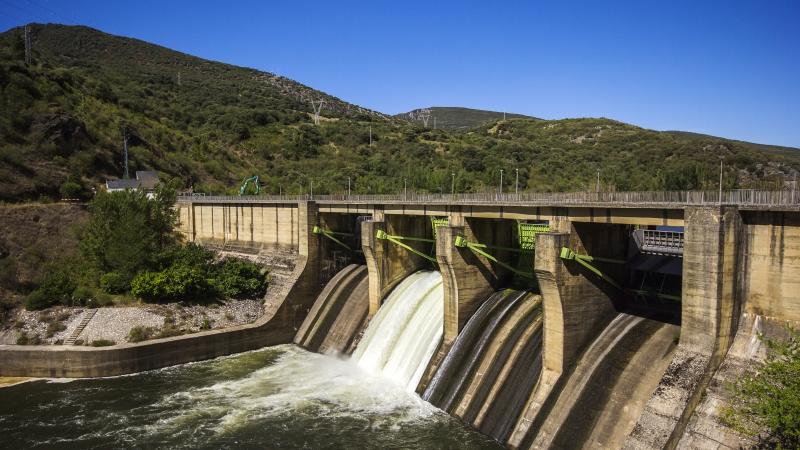Energy
Energy sector was given high global attention in the Development Agenda 2030 of the Sustainable Development Goals (SDGs). Energy has a stand-alone Goal for the Sustainable Development (SDG7: access to affordable, reliable and sustainable energy). Energy is also crucial to achieving many of the Sustainable Development Goals – from poverty eradication via advancements in health, education, water supply and industrialization to mitigating climate change.
The energy consumption growth slowed down globally in 2019 by about 0.6% compared to an average of 2% per year over the 2000-2018 period, due to slower economic growth. The Covid-19 pandemic has caused disruption to the energy sector in 2020 and It is expected that hat global energy demand is set to drop by 5% in 2020, energy-related CO2 emissions by 7%, and energy investment by 18%.
Renewable energy sources continue to increase globally in generation mix rose by 1.1% in 2019 which make it about 27% of the global power mix. The main source of this growth is new wind and solar capacities during 2019 since the share of hydropower in the global power mix has remained stable since 2000 at around 15% . It is expected that Renewables will continue to grow rapidly domaining by solar generation.
The IsDB's Member Countries (MCs) are spread over four continents, and they are internally classified into three regions namely Middle East and North Africa (MENA) and Europe (25 countries), Asia (10 countries), and Africa and Latin America (22 countries). They face diverse climate, environment and energy related challenges. Each region has its own variety of regional and country-specific peculiarities, which require tailoring of the sustainable energy development strategies to the countries' specific resource, climate and economic conditions.

About two-third of global conventional oil and gas reserves are concentrated in few MCs, mainly in the MENA and Europe, and Asia, although most MCs have negligible or no oil and gas reserves at all. Limited coal reserves are concentrated mainly in the Commonwealth of Independent States (CIS) and partly in Southeast Asia. Hydro and solar energy have high potential, but so far under-exploited. It is recognized that the potential of solar energy is momentous in the region with major concentration in Middle East, North Africa, and some of Sub-Saharan Africa (SSA) MCs.
Some IsDB MCs face energy scarcity on one hand, while others adopt wasteful usage on the other. There is an apparent disparity in access to modern energy services across MCs. SSA MCs have the lowest access rate in the world, while some MCs have reached universal access of 100%.
Supporting the energy infrastructure developments in its MCs has been one of the highest priorities for the Bank, representing 40.4% of the IsDB Group approval, and accounting for US$ 60.3 billion since inception (including Public Private Partnership projects). Most of the projects approved in the sector were in the generation subsector. The Renewable Energy projects represent about 19% of the portfolio and the Energy Efficiency is about 25%. The share of each subsector in annual approvals varied considerably from year to year, without clear trend of increase or decrease.
IsDB has completed its Energy Sector Policy that aims at providing a firm basis for future IsDB interventions in the energy sector. The Policy is based on four main pillars, Energy Access, Renewable Energy, Energy Efficiency and Knowledge. The Bank is finalizing its Energy Strategy based on the policy’s pillars. The strategy will provide the framework, principles, and operational modalities to guide the Bank's energy sector engagement, including the development of its project pipeline and future sub sectoral lines of business The strategy aims at leveraging on the Bank’s successes of the energy sector activities over the last decade, and will also embark in activities to reflect the Bank emphasis on the targets of the Sustainable Development Goal No. 7 which aim to Ensure Access to Affordable, Reliable, Sustainable, and Modern Energy